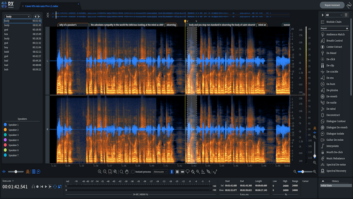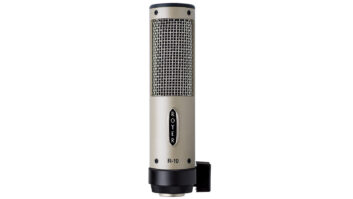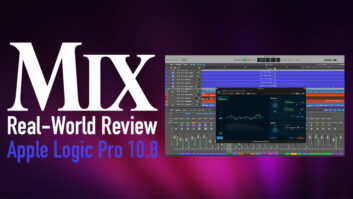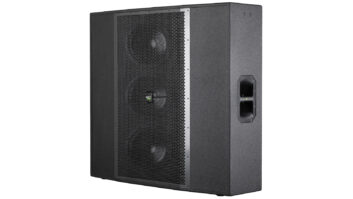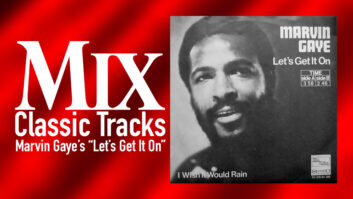I believe in Science. Absolutely. And Science told us back in March that if we didn’t all take this virus thing seriously, by November there would be more than 200,000 dead in the U.S. alone, heading into flu season. Well, we’re now heading into flu season, and the current models are not at all that rosy. I’ve been locked down pretty hardcore here in Oakland. I believe in Science., and I’ve been paying attention. I figured early on that we were in this for the long haul.
Still, I willingly admit that I didn’t stop to think that the basic rhythms of everyday life would change this much. And I certainly didn’t stop to think back in March that movie theaters, restaurants, bars, salons, concerts, Big 10 football games, rock concerts, club tours and all types of public gatherings would still largely be off limits to much of the country 10 months after this whole damn thing started. Others might have seen it coming; at the time, I didn’t.
But on March 16, the night the Bay Area clamped down, I do remember thinking, “Oh, man. This is a disaster for schools. Those poor high school and college seniors.” I’m the son and brother of college professors, with a master’s degree from Indiana University. Campus life is in my blood.
Education isn’t about the degree or the dollars. It’s about connecting with others, about developing a critical mind and learning how to be cool in group situations. It’s about learning how to think, how to develop skills you didn’t know you had. It’s about discovering who you are. As David Foster Wallace famously said, “A true education is about simply being aware.” Where does all that appear in a menu bar? What effect will the various shutdowns—then gradual, limited, socially distanced re-openings—have on the Classes of 2020 and 2021?
I am not a pessimist by any means, and I do think many of the routines in our daily lives will start returning to some limited version of pre-pandemic reality in 2021. I also believe that we need to find ways to get kids and adults back to class soon, for so many reasons. At the same time, I think that the problems encountered and the lessons learned since March will have an impact on how we look at Education moving forward—not necessarily in dramatic ways and not necessarily in a bad way. We don’t know what next year holds. But I do believe that some form of the hybrid distance/on-campus learning environment is here to stay, and it’s only going to grow.
While nothing, of course, can compete with being in the room as teacher and student—especially if that room is a recording studio—Audio Recording educators have not been sitting idly by since class was first dismissed. They’ve taken advantage of available technologies and made great leaps in adapting to the hybrid model. Some of the solutions have been admittedly stopgap, some have proven educational for student and teacher alike, and some, no doubt, will make their way into future curriculums.
I remember back in April when Mix contributor Steve La Cerra wrote his first pandemic piece, about finding a workaround to deliver hi-res audio in his initial Zoom sessions with the newly remote classes at Mercy College, where he teaches. He described a patchwork, string-and-tape, dual-system setup that worked! A true teaching moment. It sounded like it would be temporary. Instead, it’s been improved.
Professor Jim Anderson recalls in this month’s cover story how he and the students in his Critical Listening class basically had two days’ notice to wrap things up and go remote back in March. They wrapped, and he immediately set about contacting alumni around the world to talk to his students, from a career perspective, and remind them of “why we do this.”
CRAS, Full Sail, EIPMA and others have partnered with my dear friend Karen Dunn and KMD Productions to host all-new Speed Mentoring sessions. It’s a brilliant idea, bringing students into direct (virtual) contact with high-level industry professionals to discuss all types of topics related to the industry and careers—both one-on-one and in small breakout groups. The industry professionals donate their time and expertise. When they have a little time on their hands, everybody, it seems, wants to give a little something back. The artistic community in Pro Audio has been most gracious with their time and talents. I certainly learned that first-hand in putting together the virtual Mix Presents Sound for Film & Television.
It was considered a near cliché back when I joined Mix that one in every 10 articles would include a quote along the lines of: “You never stop learning in the recording industry. It’s a lifelong education.” Well, that’s certainly true. Audio professionals are problem-solvers; they’re curious people. They’re committed to their craft, and they never stop learning. Perhaps that’s what attracts audio students in the first place, that passion for discovery, that passion to create something new.
Science will someday get us out of this mess, and in the meantime Art will make things just a little more palatable. The pursuit of knowledge in Science and Art… that’s about the simplest definition of Education I can think of.



